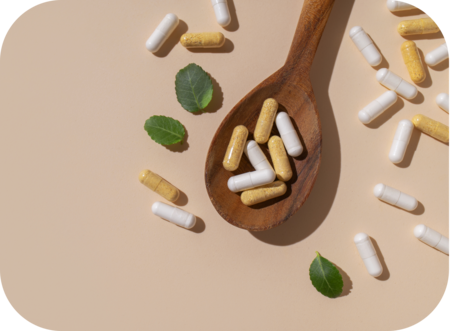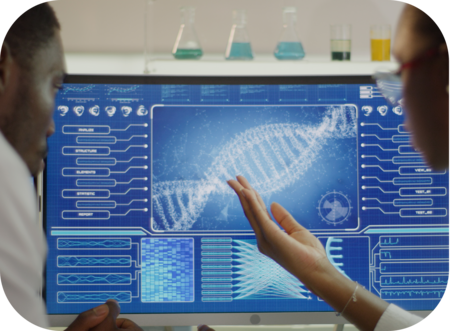The IPA World Congress + Probiota Global 2026 included three-days of engaging, inspiring, and informative content:
-
From Gums to Bums
The gastrointestinal tract starts in the mouth, continues through the stomach, and into the small and then large intestine. This session will explore the innovations, knowledge gaps, and opportunities as we move through the digestive system.

-
Gut-Brain Axis
The microbiota-gut-brain axis, that bi-directional interaction between the gastrointestinal tract and the nervous system, has created numerous opportunities to impact mental health, mood, sleep, stress management, cognitive performance and much more. This session will search for answers to a number of questions, including what the science actually says.

-
Microbiome Diets and Fermented Foods
Interest in microbiome-friendly dietary regimens like the NiMe (Non-industrialised Microbiome restore) diet or consumption of fermented foods have been increasing, and these foods will be major contributors to any potential recommendations for dietary microbes. What are some of the key advances in this area and how are they filling knowledge gaps? Are there market lessons about launching new fermented foods? This session will seek to answer these questions and more.

-
Next-Gen -Biotics
From novel prebiotics such as polyphenols and HMOs to next generation probiotic strains and innovative postbiotics. This session will explore the exciting horizons for these next generation biotics, their targets and the knowledge gaps to take these next-gen ingredients to the next level.

-
The Regulatory Landscape
From the transformational impact of Europe’s 3R strategy (Reduce, Reuse, and Recycle) driving the EU's circular economy framework to alternatives to animal testing, and all that’s happening at EFSA and other key regulatory bodies, this session will provide a wide-range view of the European regulatory landscape.

-
State of the Market
As consumer understanding and awareness of probiotics, prebiotics, and postbiotics soars, the category continues to be a shining light for the food supplements and functional food space. This session will dig into the market data and the key category trends. We’ll also explore the e-commerce space and hear from leading brands and retailers.

-
Strain Optimisation Opportunities for Probiotics
From gene-based approaches for enhanced properties and directed evolution promoting desired functionalities to improving genetic stability in probiotic strains prone to instability and enhancing growth on low-cost substrates or industrial side streams, there have been many approached to optimising probiotic strains. This session will explore the past, present and future of strain optimisation, including important case studies, to showcase what is possible in this field.

